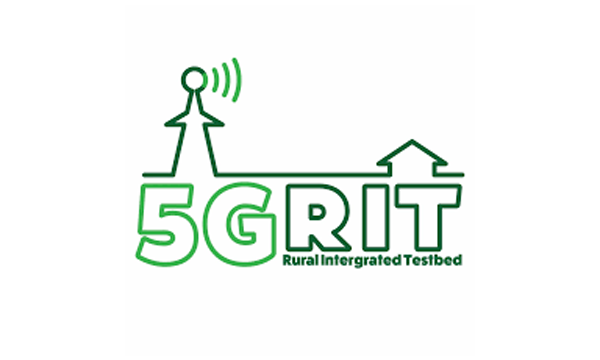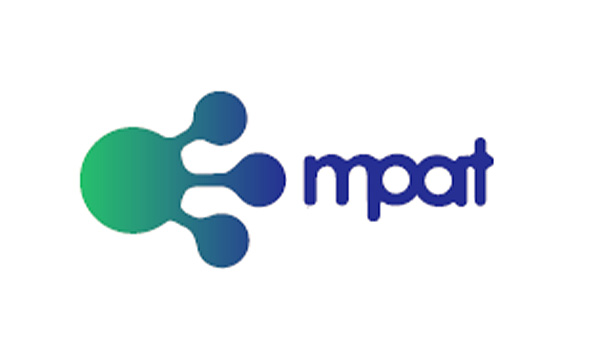About us
Computer networking is a core part of the internet of today. It fundamentally underpins the consumption of many services that we take for granted, including social media, video-on-demand and gaming. The explosion in these services has led to a growth in the requirements of the networks that they rely upon. The list of technologies keeps growing, and the Networking research group has researched and has an interest in a number of these, including SDN/NFV, packet-based, wireless, optical, 5G/6G mobile, NTN (Non-Terrestrial Networks) and LEO (Low Earth Orbit) technologies, and sensor network technologies,
Together, these technologies form part of the future internet, and our primary aim is to discover how these technologies can become more automated and autonomous, to grow in capacity while becoming more efficient, more resilient and more secure, while delivering a better quality of service.
The group’s work also focuses on the need for new flexible and virtualised technologies to support this expansion. This includes understanding how potentially diverse networks and services interact together and how they can be better combined and managed for the benefit of operators and users alike. Our key areas of Research cover:
SDN, NFV & Systems
Lancaster University has a long history of research in networking and systems, including the development of one of the first IPv6 network stacks. Our current research activities focus on utilising programmable networks to enable new network capabilities and services, including efficient content delivery, adaptive security, and resilient smart grids. In parallel, to capitalise on the increasing use of virtualisation and cloud computing in modern network architectures, we are actively exploring the development of new orchestration services and runtimes (unikernels) for virtualised network functions. Network programmability offers unprecedented flexibility and control over network infrastructures, and our research aims to harness these capabilities to build more efficient, secure, and resilient networks that address complex and emerging challenges, such as fairness and cost, in the face of increasing demand.
Network Management
The SCC networking group has been a pioneer in the area of autonomic network management, with a focus on intent-based network management. In collaboration with industry partners, we have developed a range of tools and techniques for automating network configuration and management, including the creation of open-source intent handlers for programmable network infrastructures compatible with open network standards. From human-centric intent negotiation using NLP and AI to multi-domain and multi-technology (mobile RAN, mobile core, transport, and cloud) intent translation and optimisation, we develop technologies that enhance the autonomy level of network management systems. In parallel, our research explores the integration of DevOps techniques with network management technologies to improve correctness assurances for the operation of autonomic network management processes.
Beyond 5G Mobile Communications
Mobile network research is also a key area of focus, particularly in the context of beyond 5G (B5G) and 6G networks. Our work explores the integration of terrestrial and non-terrestrial networks (NTN), including the utilisation of UAVs and LEO satellites to enhance coverage in rural areas and ensure global accessibility, as well as the application of AI/ML technologies to optimise network resources and improve user experiences. Our ongoing research is underpinned by our 5G testbed, which provides a platform for experimenting with and validating new concepts and technologies in a real-world environment.
Anomaly Detection
We develop real-time and scalable monitoring methods for predicting and detecting vulnerabilities in digital infrastructure, and anomalies in the data streams arising from these systems. In a society increasingly reliant on digital infrastructure this is cru"


-3.jpg)



















